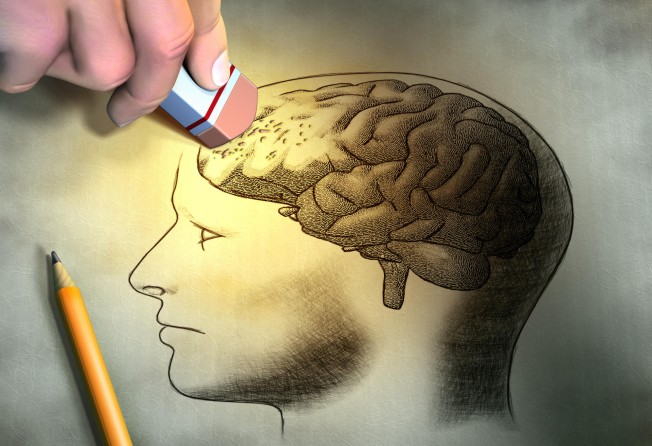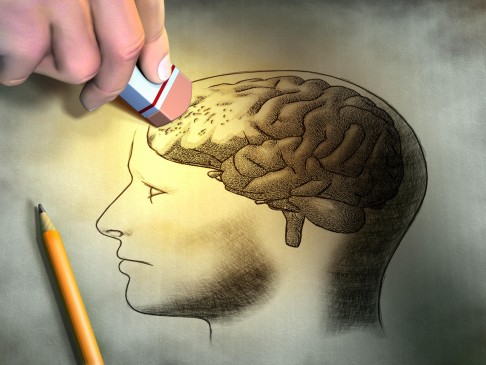
Book review: History and Popular Memory, by Paul A. Cohen

by Paul A. Cohen
Columbia University Press
4 stars
Amy Russell
History is often imbued with bias and propaganda, and therefore how historical events are constructed and construed is often mired in the two.
Wellesley College professor Paul Cohen's new book provides a fascinating cultural and political study of the nature of history and how we remember it, particularly at times of crisis. Anchoring his reasoning in an accessible selection of examples from around the world, Cohen explains why stories - as didactic tools to shape history and also as tools to recount it - are fundamental in our impressions of both our past and present.
Cohen focuses on China, Serbia, Israel, France, the Soviet Union and Britain. Hinging his analysis on important historical events within each of these places, and covering a variety of storytelling modes - poetry, film, speeches, artworks, comic books - the historian shows the importance and universality of stories in how we understand and experience the world and its history. He finalises each section by rooting it in present times and suggesting what the future may hold.
Popular memory is, in a sense, the collective story of a society and may counter purported hard facts. Thus the historian's truth, writes Cohen, may not be able to compete with a compelling story from the past. Cohen suggests that if most people believe something to be true, and "if [their] conviction is deeply enough held" then it becomes true on some level. "Symbolic sharing", he says, "is … key both to a culture's objective existence and to an individual's subjective sense of belonging to that culture."

History is not linear, he says: it can't be relegated to the past, for it is renewed and reheard in the present. Stories, too, evolve and change over time, and have a transformative power - they develop as new historical events alter their meaning and this, in turn, changes how history resonates within a culture. Stories are re-energised, Cohen writes, and may be told and retold from multiple stances that emphasise different angles of the same tale, depending on the needs and political circumstances at the time - in effect, reframing history.
The relationship between history and memory is complicated. But History and Popular Memory offers a fluid, concise and well-composed exploration of a superb selection of historical narratives that, while analytical, is also, at times, moving. Stories - poetic and metaphorical - can provide powerful emotional resonance. It's therefore logical, as Cohen suggests, that we are drawn to stories that in some way reflect the crisis in which we find ourselves, or that offer hope or a way out.
In his conclusion, Cohen contends that people are "content to live in a world of stories that support - rather than challenge - their strongly held beliefs and emotional preferences". Thus the "actual" truth may be rendered irrelevant to varying degrees. Stories support needs, and these needs are often realised more acutely during crises, as people try to attribute meaning to events to help them make sense of what is taking place.
Cohen's account of our relationship with history may not give us answers about which versions of history we should trust, but it explains how understanding different versions of truth is vital to having a deeper, more thorough, grasp of historical events. It also suggests certain patterns of interactions may be rooted in particular human propensities that transcend cultural differences.
Cohen doesn't posit solutions - rather, his book is an exploration of the interplay between history and popular memory that causes us to re-examine the narratives that we have encountered historically, and in our time.